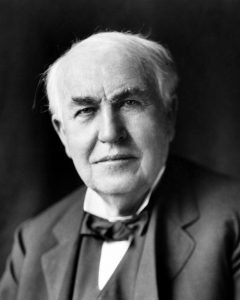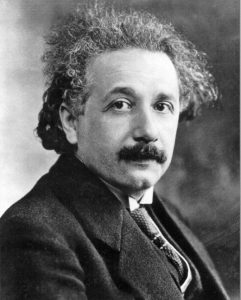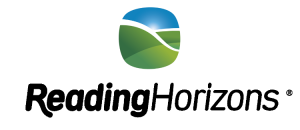Auburn Edu.org
A Student Services Portal
Dyslexia Support
Dyslexia is a learning disability characterised by trouble reading despite normal intelligence. Problems may include spelling, reading, writing words, pronouncing words when reading aloud, and understanding what was read. Often these difficulties are first noticed at school. The cause of dyslexia is believed to involve both genetic and environmental factors. It occurs more often in people with attention deficit hyperactivity disorder (ADHD) and is the most common learning disability affecting about 3 to 7 percent of the population. Dyslexia is also associated with difficulties processing mathematical equations.
Dyslexia is diagnosed via a series of tests of a person’s memory; spelling; ability to recognize, distinguish, and recall similar images or symbols; and, their reading skills. While it is diagnosed more often in males, some believe it affects males and females equally. Dyslexia occurs in all populations around the world.
Treatment usually involves adjusting teaching methods to meet the person’s needs. While this does not cure the underlying problem, difficulties can be lessened.
Classifications of Dyslexia

Dyslexia is thought to have two underlying causes, one related to language processing, and the other to visual processing. It is classed as a cognitive disorder, and is not a measure of intelligent quotient. The British Dyslexia Association describes dyslexia as “a learning difficulty that primarily affects the skills involved in accurate and fluent word reading and spelling.” And, characterized by “difficulties in phonological awareness, verbal memory and verbal processing speed.”
Signs and Symptoms of Dyslexia
Symptoms of dyslexia include delayed onset of speech, difficulty distinguishing left from right, difficulty with direction, as well as being easily distracted by background noise. Letter recognition such as d/b, q/g, z/s are not uncommon, as is the difficulty distinguishing words with similar spelling but different meanings, such as: their/they’re/there; and, quit/quite/quiet. This may be associated with dyslexic’s difficulties with word retrieval when naming things. While reversal of words, or mirror writing, does occur in people with dyslexia, these are not included in the characteristics or elements of diagnosing the disorder, and its relationship with dyslexia is controversial.
 The British Dyslexia Association is our designated charity
The British Dyslexia Association is our designated charity
School-age dyslexic children may exhibit difficulty identifying or generating rhyming words, or when counting syllables in words – both of which depend on phonological awareness. They may also show difficulty when segmenting words into individual sounds or may blend sounds when producing words. There is some evidence to suggest that the dyslexic is combining syllables from different words – indicating either reduced phonemic awareness or difficulty with phonemic management. Dyslexics are commonly poor spellers, a feature sometimes called dysorthographia or dysgraphia, depending on orthographic coding
Problems persist into adolescence and adulthood and may accompany difficulties with summarizing stories, memorization, reading aloud, or learning foreign languages. Adult dyslexics can often read with good comprehension, although they tend to read more slowly than non-dyslexics and perform worse in tests of spelling or when reading nonsense words.
The Gift of Dyslexia
Though dyslexia is a learning disability, there are those that think of it as a gift. Certainly, as the list in the right column would suggest, there are those dyslexics that demonstrate highly desirable characteristics. From the ability to entertain, to leadership, to community commitment, to great thinkers and inventors, dyslexics have shown that they are great contributors to society.
Dyslexia Support
We not only support the British Dyslexia association as our designated charity, but in recognising their leadership role in reaching out to assist dyslexics we are working with them to design and build our library, network, and dyslexic support materials in the areas of reading, writing, spelling, math, and phonics. This is the kind of support this important group should not be without. In a time of budget cuts this could not be more important.
Famous Dyslexics










Copyright © JP McLaughlin
All Rights Reserved







